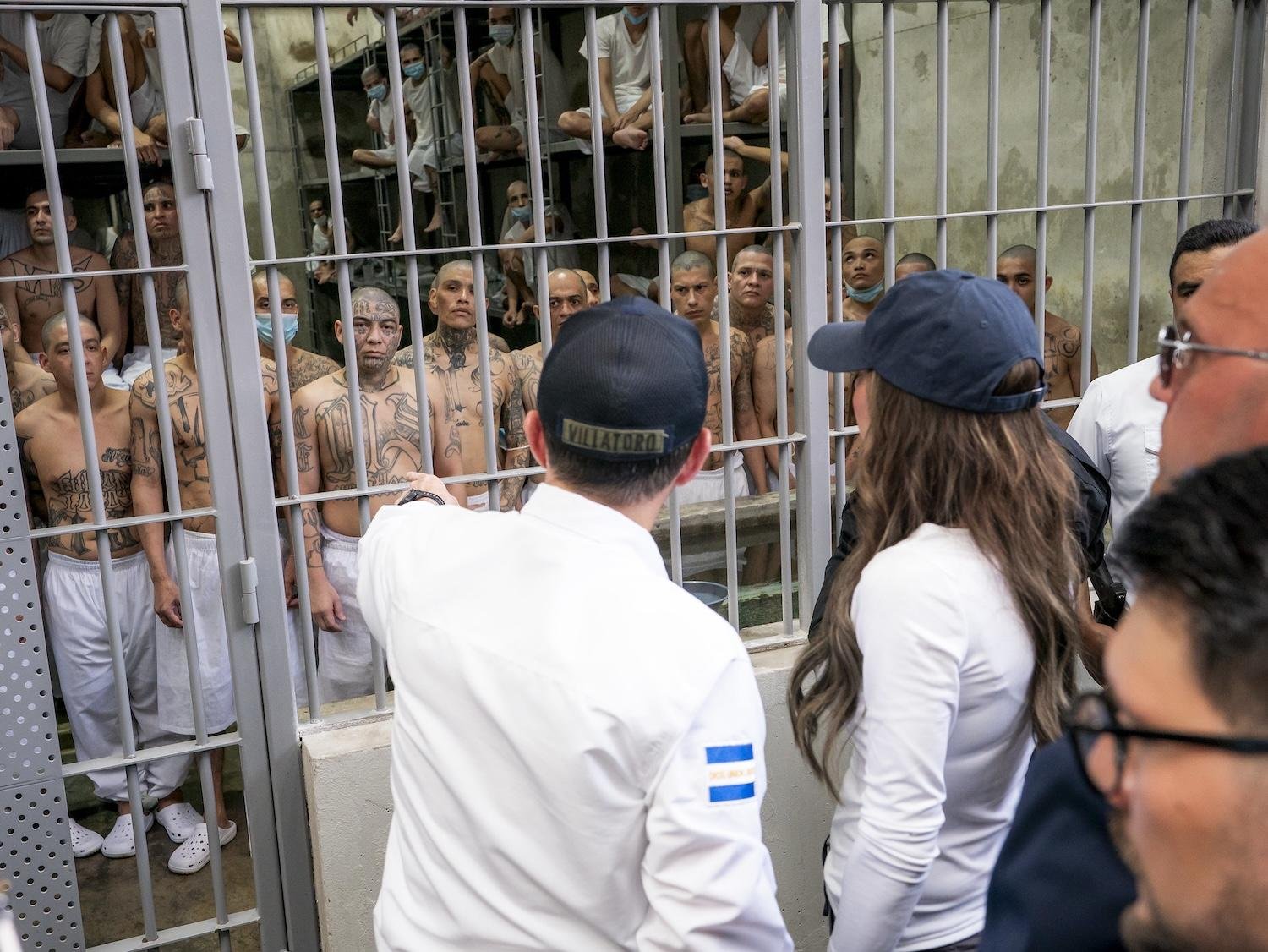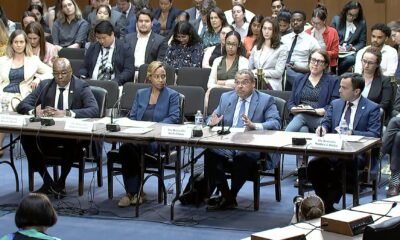border
Judge Proposes Contempt Charges Against Trump Admin for Controversial Deportation Flights

A federal judge in Washington has found the Trump administration potentially in contempt of court for defying an order regarding the deportation of Venezuelan immigrants to a prison in El Salvador. U.S. District Judge James Boasberg issued the ruling on Wednesday, giving officials one week to outline actions taken to comply with his order or to identify responsible parties who authorized the flights despite the court’s directive.
Judge Boasberg stated that the government could resolve its contempt by voluntarily obeying the order and enabling detained individuals to contest their cases. Noncompliance could lead to further legal action, including the possibility of criminal prosecution against those involved in the decision to continue deportations to El Salvador.
The administration’s decision to invoke the Alien Enemies Act of 1798 in March resulted in the deportation of over 200 Venezuelans, among others, linked to purported gang activities. Despite Judge Boasberg’s order to halt deportation flights and return aircraft already airborne, immigration officials allowed flights to land in El Salvador and sent additional flights out.
Boasberg remarked that the government’s actions demonstrated “a willful disregard for its Order,” prompting his conclusion of probable cause for criminal contempt. He emphasized that the court had previously provided ample chances for the administration to explain its actions, but none of their responses were deemed satisfactory.
The timeline outlined by Boasberg details that he delivered a verbal order to the government on March 15, ordering a cessation of any new deportation flights. However, by Sunday morning, it became evident that individuals had been transferred to Salvadoran custody within hours of this injunction. The judge noted that certain officials appeared to take pleasure in their defiance, citing a social media interaction where Secretary of State Marco Rubio referenced the judge’s order alongside a mocking comment from the President of El Salvador.
Boasberg characterized the administration’s response as evasive, highlighting what he described as “obstructionism” regarding inquiries about the flights and the custody status of the affected individuals. The government argued that disclosing such information could compromise national security.
After the administration appealed, the Supreme Court ruled in favor of the government’s ability to deport immigrants under wartime provisions, though it mandated an opportunity for individuals to challenge their cases. Judge Boasberg clarified that disobeying the court’s order, even with a standing appeal, could still be subject to contempt sanctions.
Family members and legal representatives of those deported have contested the administration’s assertions about gang affiliations, claiming many were misidentified due to tattoos and had no criminal past. Some, like Kilmar Armando Abrego Garcia, had valid asylum claims and protective orders preventing their deportation, adding further complexity to the ongoing legal disputes as the administration has not complied with court orders to return individuals to the U.S.


















